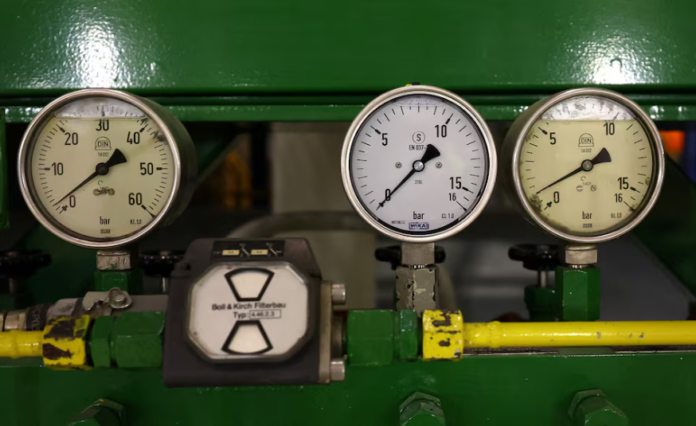Leaders from pro-nuclear European countries and energy experts are set to call for a nuclear energy revival on Thursday at a summit in Brussels, seeking to rebuild the European industry after years of gradual decline, according to Reuters.
The political push to expand nuclear – a low-carbon energy source – is part of the drive to meet Europe’s ambitious climate targets. But it faces headwinds including a lack of investment and cost overruns and delays that have plagued recent projects.
“Without the support of nuclear power, we have no chance to reach our climate targets on time,” International Energy Agency (IEA) chief Fatih Birol told reporters ahead of the Nuclear Energy Summit in Brussels.
Nuclear fell out of favour in Europe over safety concerns following Japan’s Fukushima nuclear accident in 2011, which prompted Germany to immediately shut down six nuclear plants and phase out its remaining reactors. The last three were shut down in April 2023.
But the need to find alternatives to Russian gas following Moscow’s invasion of Ukraine in 2022 and the European Union’s commitment to cut net greenhouse gas emissions 55% by 2030 has renewed interest in nuclear power.
However, EU countries remain divided on whether to promote nuclear energy, with two entrenched camps – one led by France that believes nuclear expansion is crucial, and the other including anti-nuclear countries Austria and Germany, who want the focus to stay on renewable sources such as wind and solar.
Hungary’s Prime Minister Viktor Orban said Europe must free itself of being “a hostage of ideological approaches.”
According to a joint statement seen by Reuters, leaders at a nuclear energy summit in Brussels are set to “commit to work to fully unlock the potential of nuclear energy by taking measures such as enabling conditions to support and competitively finance the lifetime extension of existing nuclear reactors.”
The statement also commits to the construction of new nuclear power plants and the early deployment of advanced reactors, including small modular reactors worldwide while maintaining the highest levels of safety and security.
Rafael Grossi, the chief of the UN’s atomic agency IAEA, said nuclear needed to be treated on a level playing field with other energy projects.
“We still have an international and institutional architecture that forbids financing of nuclear projects,” Grossi said. “This is not a beauty contest.”
The United States, too, is looking to revive the nuclear sector.
“We’re supporting the French initiative to encourage the World Bank and other development banks to eliminate the restriction on funding nuclear,” John Podesta, senior advisor to the U.S. President for clean energy, told reporters.
He added that Congress recently approved $2.7 billion to restart an enrichment programme, particularly for advanced fuels such as helium.
Europe must also rebuild know-how by fostering the next generation of nuclear scientists and expand research to catch up with the rest of the world.
However, the budget for the EU’s key research body under EURATOM was slashed by 20% in 2021-2025.


